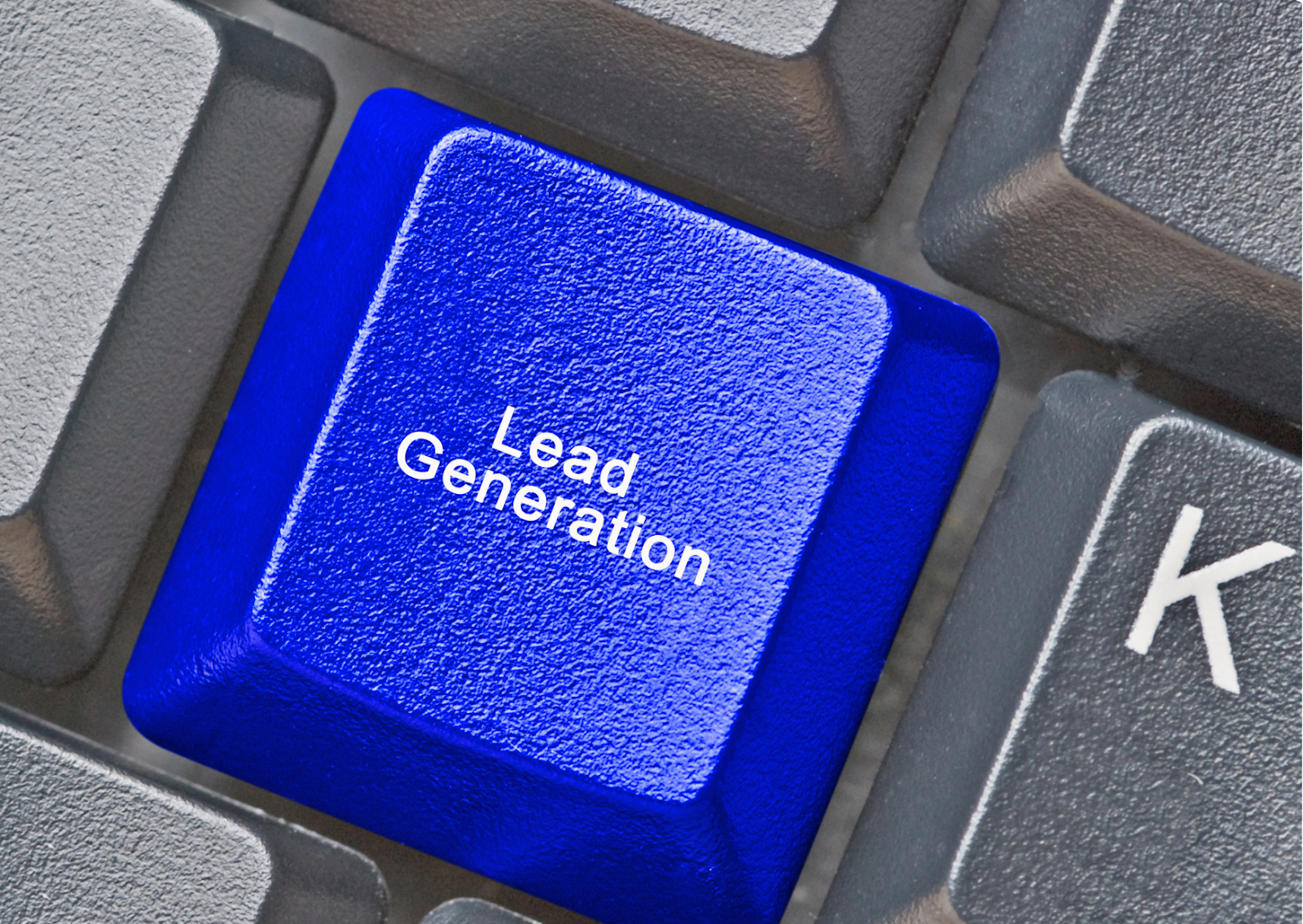What Is a Lead Generation Platform and Why Does It Matter?
A lead generation platform is a specialized tool or software designed to identify, attract, and convert potential customers into qualified leads. These platforms are essential for businesses seeking predictable and scalable growth, especially in the digital era. From gathering data to deploying high-converting landing pages, lead generation platforms automate and optimize the process of finding people who are genuinely interested in your services.
These tools often include built-in features such as analytics, CRM integration, email automation, and tracking. They support businesses in both B2B and B2C sectors by ensuring their marketing efforts are aligned with their sales goals. A quality lead generation platform can transform an anonymous website visitor into a warm, nurtured lead ready for conversion.
How Do Lead Generation Platforms Work?
At their core, lead generation platforms function by combining multiple tools into one streamlined system. Most platforms help users build high-converting landing pages, deploy lead ads across social media, and integrate contact forms with CRMs. Once a visitor interacts with these touchpoints, the platform uses data tracking and lead scoring to evaluate how likely the visitor is to become a customer.
Lead generation platforms also offer automation for lead nurturing, allowing businesses to send tailored emails, SMS updates, or remarketing ads. This means leads don’t just get collected—they’re engaged over time, increasing their likelihood of conversion.
What Are the Core Features to Look for in a Platform?
When choosing a lead generation platform, it’s important to assess its features against your specific business goals. Effective generation software should include:
- CRM Integration: To sync with your existing customer relationship management system
- Analytics & Tracking: To monitor engagement and optimize conversion rates
- Lead Scoring: To identify qualified leads based on behavior and demographics
- Custom Workflows: To automate lead nurturing and follow-up
- A/B Testing: For optimizing content and form performance
- Multi-Channel Support: Including social lead ads and email outreach
Many modern solutions offer these capabilities, making them suitable for businesses of all sizes seeking to improve their lead generation outcomes.
How Does Lead Scoring Improve Sales Efficiency?
Lead scoring is a crucial component of lead generation software. It assigns numerical values to leads based on criteria like behavior (email opens, page visits), demographics, or engagement with lead ads. High scores indicate a strong likelihood of conversion.
This allows sales teams to prioritize their outreach. Instead of wasting time on cold leads, they can focus on individuals who have already shown interest. By integrating lead scoring into your CRM or generation software, businesses can close more deals faster and with less effort.
What Is the Role of Lead Nurturing in Conversion?
Lead nurturing refers to the process of building relationships with leads over time. Instead of pushing for immediate sales, businesses provide valuable content, tailored offers, and consistent engagement. This strategy is especially effective for outbound lead generation, where initial interest may be lukewarm.
Using workflows and automation tools within a lead generation platform, businesses can schedule regular touchpoints that move leads through the funnel. This includes sending newsletters, retargeting ads, or offering educational content. Over time, lead nurturing builds trust, educates the prospect, and drives them toward a purchasing decision.
How Do Outbound and Inbound Lead Strategies Differ on These Platforms?
Lead generation platforms support both outbound and inbound strategies. Outbound lead strategies involve reaching out to potential customers through email, cold calling, or paid ads. Inbound lead generation relies on drawing people in through content, SEO, and organic engagement.
A good platform allows you to execute both. It can automate outbound campaigns using email templates, retargeting ads, or SMS blasts. Simultaneously, it can support inbound tactics by providing SEO-optimized landing page builders, content management features, and lead tracking for website visitors.
How Does Data and Analytics Enhance Performance?
One of the most powerful aspects of modern lead generation software is its analytics capabilities. Data drives every aspect of the process—from identifying which lead source performs best, to tracking conversion rates and campaign ROI.
Analytics dashboards help users spot patterns, adjust campaigns, and double down on what works. Whether you’re optimizing your lead pages layout or evaluating the performance of lead ads, real-time data ensures your strategies stay effective. Tools like heatmaps, click tracking, and attribution modeling provide deeper insight into user behavior.
Can Lead Generation Software Integrate With Other Tools?
Yes. Most modern lead generation solutions are built to integrate smoothly with a wide range of SaaS tools, including customer relationship management systems, email marketing software, and web analytics services. These integrations help unify data, streamline processes, and enable real-time automation.
With these capabilities, when a visitor submits a form, their information can instantly trigger automated workflows, personalized email responses, and internal notifications—eliminating manual tasks and boosting efficiency across teams.
What Are the Best Practices for Optimizing Lead Generation Platforms?
To get the most out of your lead generation platform, consider the following optimization strategies:
- Use high-converting landing pages with clear CTAs
- Test multiple lead sources to identify top performers
- Regularly review lead scoring criteria to ensure relevance
- Create segmented lead-nurturing workflows for better personalization
- Leverage A/B testing for emails, ads, and forms
- Monitor data and adjust based on performance
These steps ensure that you’re not just collecting leads, but turning them into qualified leads ready for sales outreach.
Where Can You Find a Trusted Lead Generation Platform?
If you’re looking for a proven platform to help you generate and convert qualified leads, Projectler offers a comprehensive suite of tools built specifically for growth-focused teams. From tracking and lead scoring to automation and integrations, Projectler gives you everything needed to attract, nurture, and convert leads at scale.
Their generation software is designed with flexibility in mind, offering multiple plans suited for startups, agencies, and enterprises. Whether you’re looking to optimize your existing strategy or build one from scratch, Projectler’s platform provides the features and services to help you succeed.
Explore their offerings, request a demo today.
What Is the Final Takeaway for Businesses Using Lead Generation Platforms?
Lead generation platforms are no longer optional—they’re critical to staying competitive in the digital marketplace. From capturing leads with high-converting landing pages to nurturing them through tailored workflows, these tools streamline every step of the buyer journey.
Whether you’re a solo entrepreneur or managing a large team, the right platform can automate your outreach, centralize your data, and increase conversions. With the rise of sophisticated lead generation software, businesses can now grow faster, more efficiently, and with fewer resources.
Works Cited
HubSpot. “What Is Lead Scoring?” hubspot.com, 2024, https://blog.hubspot.com/sales/lead-scoring.
Intercom. “How to Nurture Leads and Turn Them into Customers.” intercom.com, 2023, https://www.intercom.com/blog/lead-nurturing-guide.
SBA. “Using Analytics to Grow Your Small Business.” sba.gov, 2023, https://www.sba.gov/article/2023/jan/01/using-analytics-grow-your-small-business.
Leadpages. “The Science Behind High-Converting Landing Pages.” leadpages.com, 2023, https://www.leadpages.com/blog/high-converting-landing-pages.
Deloitte. “Data-Driven Marketing and Lead Generation Trends.” deloitte.com, 2023, https://www2.deloitte.com/us/en/insights/industry/technology/data-driven-marketing.html.
Frequently Asked Questions:
1. What is a lead generation platform and how does it work?
A lead generation platform is a digital tool that helps businesses attract, engage, and convert potential customers. It combines features like CRM integration, analytics, and automation to streamline the lead generation process and increase efficiency.
2. Why is lead scoring important in sales?
Lead scoring ranks prospects based on their engagement and likelihood to convert. This helps sales teams prioritize qualified leads and focus efforts on those most likely to result in sales.
3. How does lead nurturing improve conversions?
Lead nurturing builds relationships over time through targeted content, emails, and automation. This consistent engagement educates prospects and guides them toward making a purchasing decision.
4. Can lead generation platforms support both outbound and inbound strategies?
Yes, modern platforms manage outbound tactics like email campaigns and paid ads, as well as inbound strategies like SEO-driven landing pages and content marketing.
5. What tools should a good lead generation platform include?
Essential tools include CRM integration, lead scoring, analytics, multi-channel support, customizable workflows, and tracking features to monitor lead sources and optimize campaigns.




